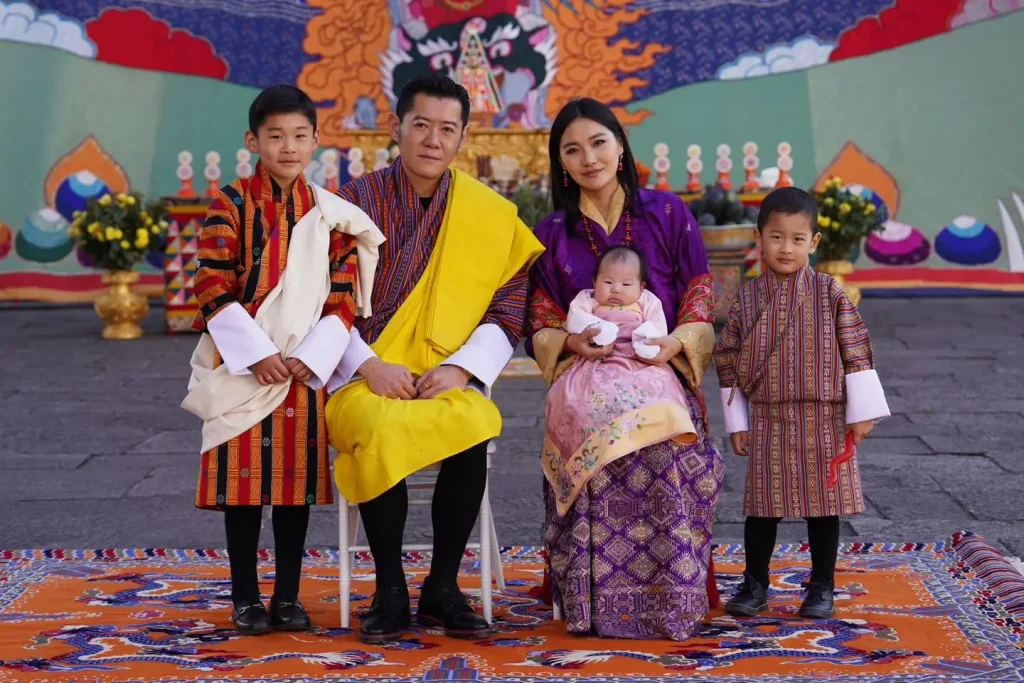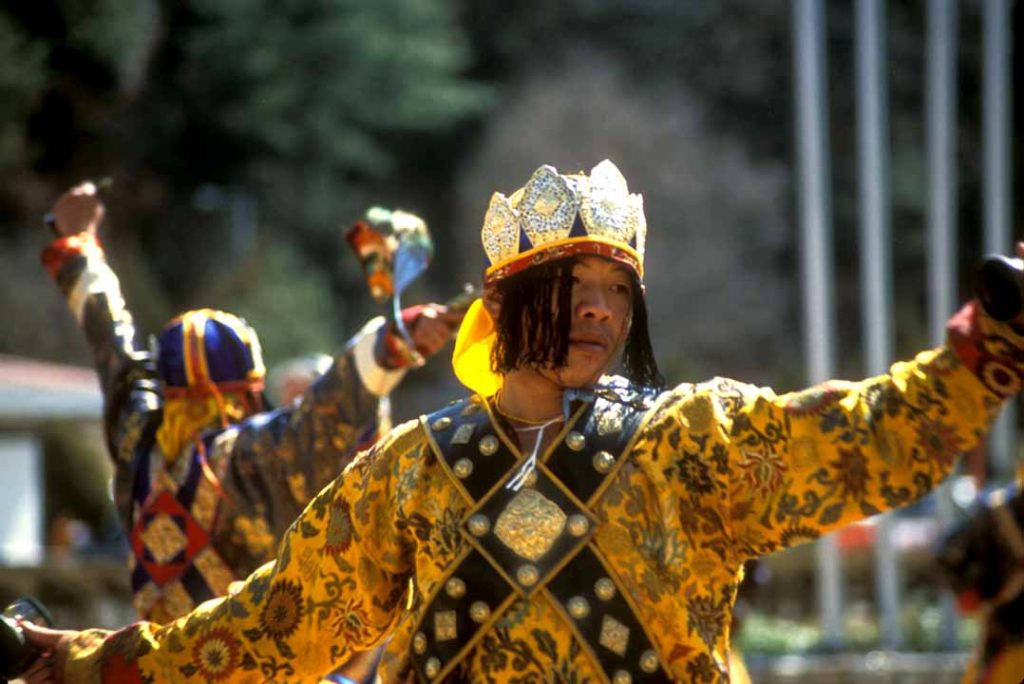The Kingdom of Bhutan is a small, landlocked nation nestled in the eastern Himalayas, known for its unique blend of traditional values and progressive governance. Central to Bhutan’s identity is its monarchy, which has guided the country with wisdom, compassion, and a commitment to Gross National Happiness (GNH), a concept that balances economic development with cultural, environmental, and spiritual well-being.
The Wangchuck Dynasty: A Century of Leadership
Bhutan’s monarchy, the Wangchuck dynasty, was established in 1907 when Gongsar Ugyen Wangchuck was crowned as the first king. Since then, the dynasty has been an integral part of Bhutan’s transformation into a modern, peaceful, and sustainable nation. Over the years, the kings have prioritized the welfare of their people, upholding the values of unity, tradition, and national sovereignty.
The successive kings have not only maintained the country’s cultural heritage but also steered Bhutan towards modernization, opening up to the world while preserving its unique identity. The Fourth King, His Majesty King Jigme Singye Wangchuck, is particularly revered for his vision of GNH, which has become the guiding philosophy of Bhutan’s development.
The Current Monarch: His Majesty King Jigme Khesar Namgyel Wangchuck
The current king, His Majesty King Jigme Khesar Namgyel Wangchuck, ascended the throne in 2006. Fondly known as the ‘People’s King,’ His Majesty embodies the values of humility, service, and compassion. Under his leadership, Bhutan has continued to thrive as a democratic constitutional monarchy. The king remains a unifying figure, actively engaging with citizens across the country and ensuring that the government’s policies align with the well-being of all Bhutanese people.

His Majesty’s dedication to youth development, environmental sustainability, and the promotion of Bhutanese culture has made him a beloved figure among his people. Through initiatives like the Bhutan Economic Forum for Innovative Transformation (BEFIT) and the Royal Institute for Governance and Strategic Studies (RIGSS), His Majesty fosters an environment of growth, learning, and progress for future generations.
The Role of the Monarchy in Bhutan’s Democracy
In 2008, Bhutan transitioned into a democratic constitutional monarchy under the guidance of the Fourth King. The monarchy continues to play a crucial role in Bhutan’s political system, acting as the guardian of its democratic processes and ensuring stability. The constitution, enacted in 2008, outlines the king’s responsibilities, including safeguarding the sovereignty of the country, promoting the welfare of the people, and upholding the principles of GNH.
The monarchy’s approach to governance is collaborative, working alongside the government to maintain the delicate balance between modernity and tradition. It serves as a pillar of stability, providing direction and support while respecting the voice of the people through democratic institutions.
The Symbol of Unity and Cultural Heritage
The king of Bhutan is not only a political leader but also a custodian of Bhutanese culture, traditions, and religion. The monarchy’s deep connection with Buddhism is reflected in its efforts to preserve the country’s spiritual heritage and promote cultural harmony. The Druk Gyalpo (Dragon King) is seen as a symbol of national unity, ensuring that Bhutan remains a cohesive society that values its identity and cultural roots.

Bhutan’s monarchy also plays a vital role in promoting the country’s sustainable development goals. Its emphasis on environmental conservation and holistic growth ensures that Bhutan remains a carbon-negative nation, demonstrating a model for environmental stewardship to the world.
A Legacy of Compassion and Progress
The Monarchy of Bhutan has consistently demonstrated that leadership grounded in compassion, vision, and a commitment to the well-being of the people can lead to a prosperous and harmonious society. From the first king who unified the country to the current monarch’s visionary leadership, the Wangchuck dynasty remains the cornerstone of Bhutan’s journey towards sustainable and inclusive development.
Bhutan’s monarchy is not just an institution; it is a cherished tradition that binds the nation together, ensuring that the people of Bhutan continue to live in peace, harmony, and happiness for generations to come.
